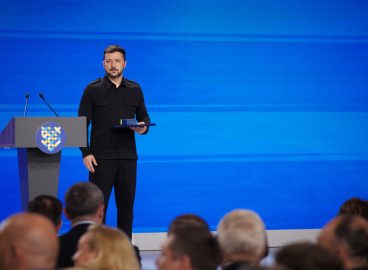Their populist rhetoric, that is mostly used to appeal to Slovakia and Hungary’s Prime Ministers Robert Fico and Viktor Orbán voters at home, does not go unnoticed abroad. In an interview in a German public broadcaster ARD, Friedrich Merz said that if Slovakia and Hungary make steps towards blocking the EU’s sanctions for Russia, their EU funding will be stopped. “It’s a minority, but we cannot let a small minority jeopardize the direction of the entire European Union,” said Merz. He called them out on breaking the EU unity and is ready to go into direct confrontation with both countries.
Fico reacted and called it “absolutely unacceptable“, and says it’s a threat for democracy. Meanwhile, his colleagues claim still louder that we don’t need the EU and should be considering leaving.
The statement comes under new light with a resolution passed on June 5 in Slovakia, which suggests that the members of parliament should not vote in favor of sanctions against Russia in international organizations. It is yet unclear what exactly this resolution means in practice, for example if not being present at the vote counts as abiding the resolution.
This resolution came only a day after the President did not call a referendum on the annulment of EU sanctions against Russia, which came from a pro-Russian movement Slovenské Hnutie Obrody (SHO – Slovak Renewal Movement).

